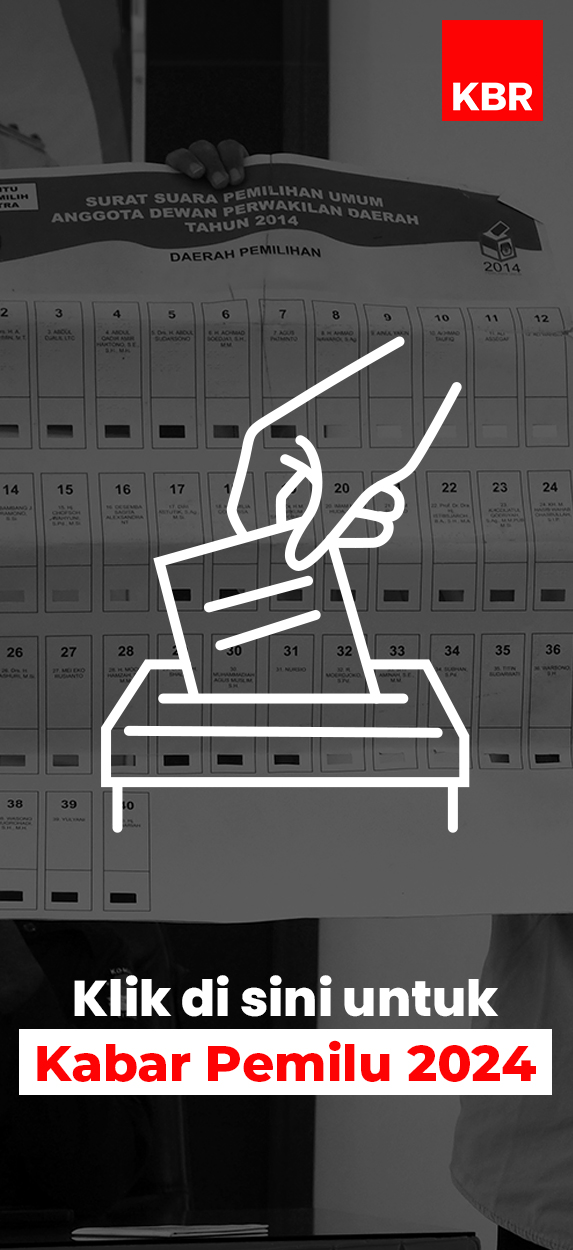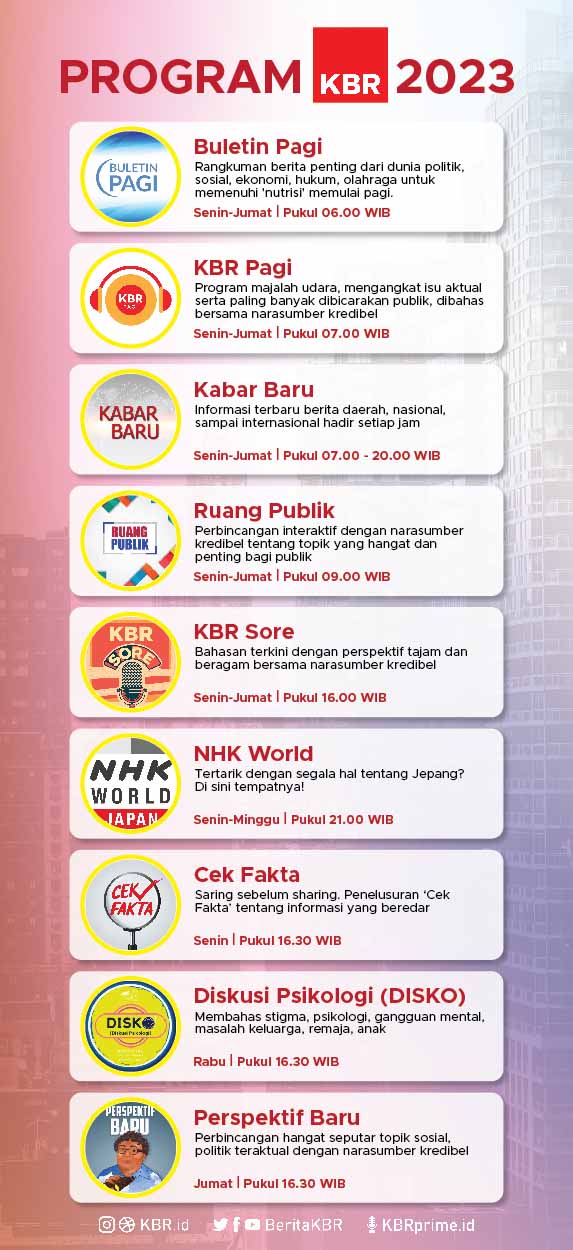The Indian Supreme Court’s decision to block a patent application by a Swiss drug manufacturer is being hailed as a victory for sick people in the developing world.
And it has put an end to a seven-year legal battle with Swiss pharmaceutical giant Novartis.
“The court has rejected the petition of Novartis and it has actually allowed our appeal,” says senior advocate Anand Grover who representing the Cancer Patient’s Aid Association in court.
“And it has held firstly, that the drug is not novel, it is not inventive and it does not satisfy the requirement of 3D. Now 3D is very important, it was brought in especially under the new patent law, which does not allow new forms of known substances to be patented unless they are significantly more efficacious.”
Novartis wanted to secure a patent for its popular anti-cancer drug Gleevec – a life-saving drug used to treat certain types of blood cancer. The drug increases a patient’s life span by almost 20 years – and costs more than 2,000 US dollars per month.
But 40-year-old leukaemia patient Noor Alam managed to use a generic version of the drug – one that is 10 times cheaper.
“My doctor says I have to take the medicine as long as I’m alive,” he says. “I have it because I get it cheaper, I can’t afford expensive treatment.”
The Supreme Court verdict means that companies that manufacture more affordable generic drugs can continue to do so in India.
The decision has huge implications for other important drugs too. Health activists said that if the Supreme Court granted the patent for Gleevec, it could do the same for other generic drugs, such those used to treat HIV.
Lenna Meghaney, the campaign manager for Medicine Sans Frontiers, says the verdict is a huge victory.
“We treat more than 200,000 people living with HIV and if you look at the developing world there are 8 million people living with HIV and 80 percent of them depend on Indian-made generics,” Lenna says.
“So for our patients and for those 8 million people from Thailand, Brazil, Sub-Saharan Africa, they should all be cheering it’s a big win for all patient groups.”
India – the largest manufacturer of generic drugs – is commonly dubbed, ‘the pharmacy of the developing world’.
But the current patent policy is seen as a deterrent to investment for research and the development of new drugs.
“For example there is no data protection in the country, clinical trials are on hold,” explains Ranjit Sahani, the managing director of Novartis India.
“So the whole intellectual property ecosystem certainly does not permit global companies to make large investments in India. We have the patent law in India since 2005 but every single investment for research has gone to China. Clearly there is something amiss.”
Some Western pharmaceutical companies and the US Chamber of Commerce have voiced similar concerns. But many say the patent law should be even tougher, so it’s difficult for pharmaceutical companies to make an easy profit.
“We have got to make sure that they have a fair play,” warns Sameer Kaul, an oncologist at New Delhi’s Apollo Hospital.
“You can allow a new company with a patented product to come in and rule the roost for maybe a few years. But when you have long patent periods which 10 years 20 years, I think that’s absurd,” he says. “At the same time you have got to impress upon your industry, you need to actually spend a lot of money on original research and development.”
Analysts say the Supreme Court verdict sets an important precedent for several other patent cases involving multinational drug manufacturers in India.
Landmark Ruling on Drug Patents in India
The Indian Supreme Court

INDONESIA
Selasa, 30 Apr 2013 18:07 WIB


India, drug patents, Novartis, cancer drugs, Bismillah Geelani
Kirim pesan ke kami
WhatsappRecent KBR Prime Podcast
Kabar Baru Jam 7
Strategi Perempuan Pengemudi Ojol Mengatasi Cuaca Ekstrem (Bag.4)
Arab Saudi Bangun Taman Hiburan Bertema Minyak di Tengah Laut
Menguji Gagasan Pangan Cawapres
Mahfud MD akan Mundur dari Menkopolhukam, Jokowi: Saya Sangat Hargai




